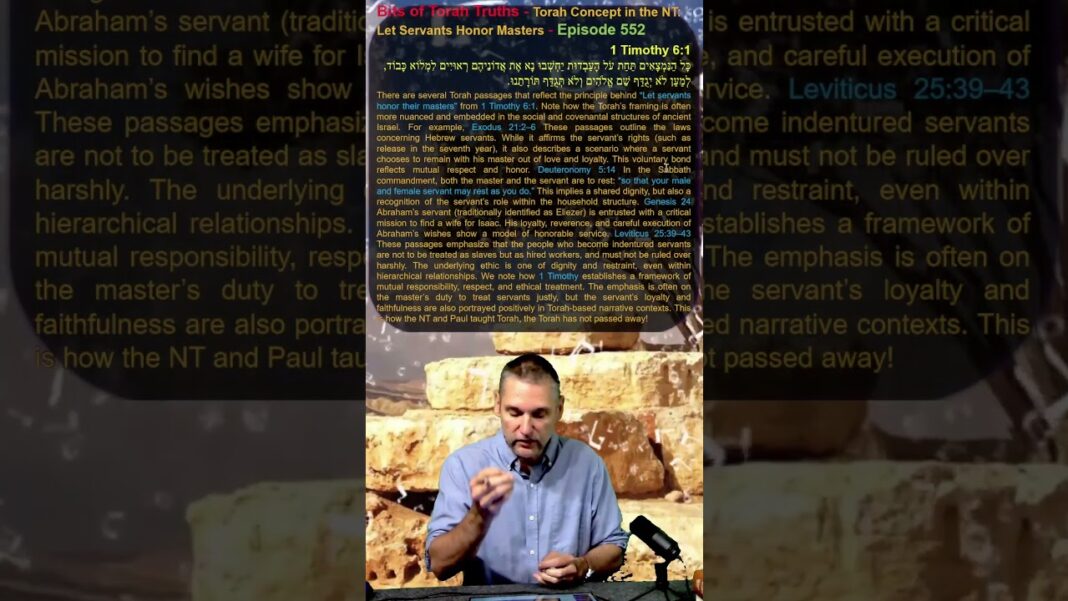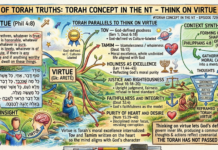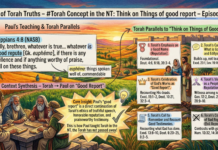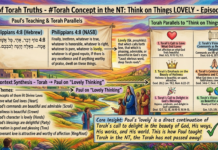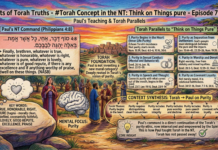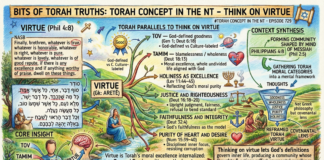Bits of Torah Truths – Torah Concept in the NT: Let Servants Honor Masters – Episode 552
1 Timothy 6:1
כָּל הַנִּמְצָאִים תַּחַת עֹל הָעַבְדוּת יַחְשְׁבוּ נָא אֶת אֲדוֹנֵיהֶם רְאוּיִים לִמְלוֹא כָּבוֹד, לְמַעַן לֹא יְגֻדַּף שֵׁם אֱלֹהִים וְלֹא תְּגֻדַּף תּוֹרָתֵנוּ.
#torah #torahwisdom #torahtruth #torahforlife #torah4you #torahtruth
1 Timothy 6:1
6:1 All who are under the yoke as slaves are to regard their own masters as worthy of all honor so that the name of God and our doctrine will not be spoken against. (NASB)
https://www.matsati.com/index.php/category/bits-of-torah-truths
There are several Torah passages that reflect the principle behind “Let servants honor their masters” from 1 Timothy 6:1. Note how the Torah’s framing is often more nuanced and embedded in the social and covenantal structures of ancient Israel. For example, Exodus 21:2–6 These passages outline the laws concerning Hebrew servants. While it affirms the servant’s rights (such as release in the seventh year), it also describes a scenario where a servant chooses to remain with his master out of love and loyalty. This voluntary bond reflects mutual respect and honor. Deuteronomy 5:14 In the Sabbath commandment, both the master and the servant are to rest: “so that your male and female servant may rest as you do.” This implies a shared dignity, but also a recognition of the servant’s role within the household structure. Genesis 24 Abraham’s servant (traditionally identified as Eliezer) is entrusted with a critical mission to find a wife for Isaac. His loyalty, reverence, and careful execution of Abraham’s wishes show a model of honorable service. Leviticus 25:39–43 These passages emphasize that the people who become indentured servants are not to be treated as slaves but as hired workers, and must not be ruled over harshly. The underlying ethic is one of dignity and restraint, even within hierarchical relationships. We note how 1 Timothy establishes a framework of mutual responsibility, respect, and ethical treatment. The emphasis is often on the master’s duty to treat servants justly, but the servant’s loyalty and faithfulness are also portrayed positively in Torah-based narrative contexts. This is how the NT and Paul taught Torah, the Torah has not passed away!
